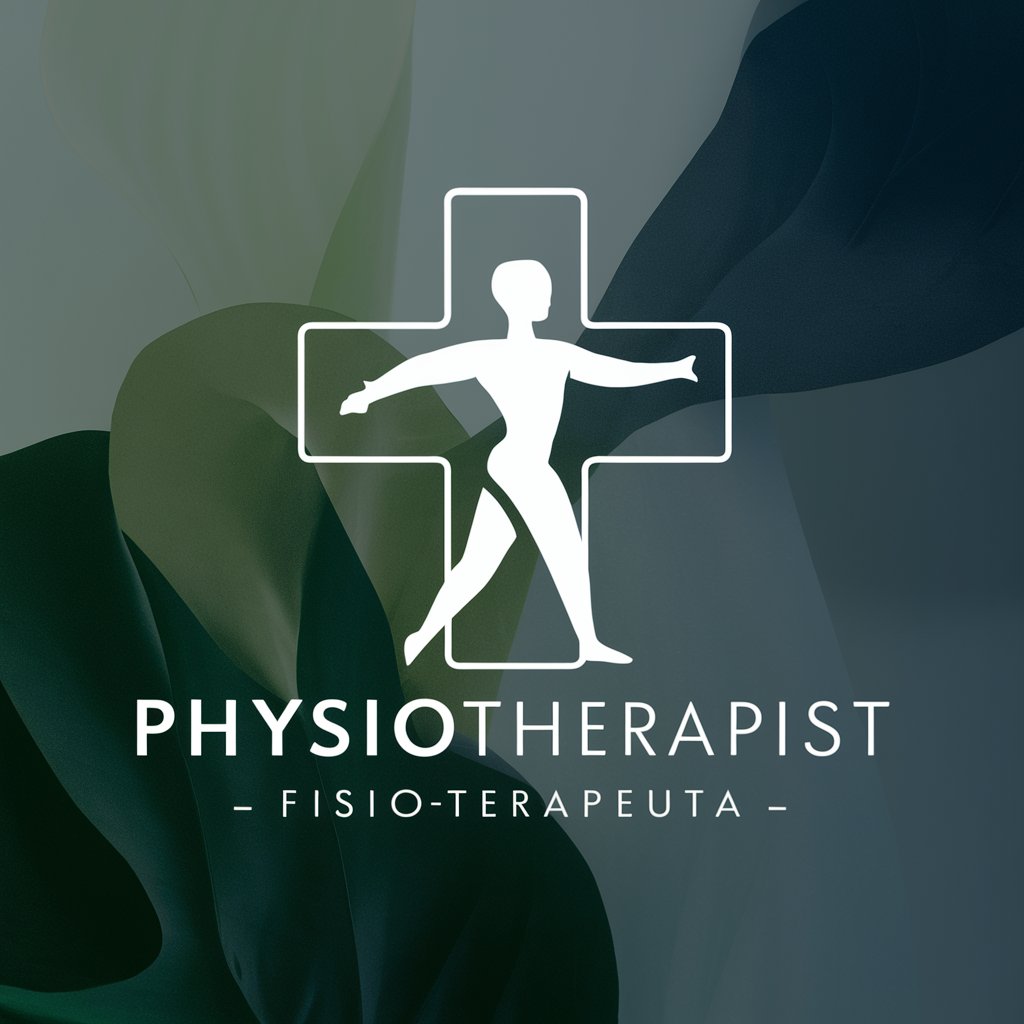
PósFisioterapiaETerapiaOcupacional - Specialized Research Tool

Olá! Vamos explorar as pesquisas em Fisioterapia e Terapia Ocupacional?
Revolutionizing Physiotherapy and Occupational Therapy Research
Liste as dissertações sobre fisioterapia geriátrica...
Quais são as teses mais recentes sobre terapia ocupacional infantil...
Crie um gráfico com a distribuição de dissertações por ano...
Liste as palavras-chave mais frequentes em teses de fisioterapia...
Get Embed Code
Introduction to PósFisioterapiaETerapiaOcupacional
PósFisioterapiaETerapiaOcupacional is a specialized AI-based tool designed to assist users in exploring and analyzing the wealth of postgraduate theses and dissertations within the fields of Physiotherapy and Occupational Therapy in Brazil. Drawing from the 'Catalog of Theses and Dissertations - Brazil', provided by the Coordination for the Improvement of Higher Education Personnel (CAPES) under the Creative Commons Attribution (CC BY) license, it offers a unique resource for academic and research endeavors. This tool is adept at semantic searches within relevant fields such as production titles, keywords, abstracts, and resumes, offering insights into trends, themes, and areas of study. It can generate lists, spreadsheets, and graphical representations of data, facilitating a deeper understanding of the contributions and developments within these healthcare disciplines. Powered by ChatGPT-4o。

Main Functions of PósFisioterapiaETerapiaOcupacional
Semantic Search
Example
A user queries the database for dissertations focusing on 'neurological rehabilitation techniques in physiotherapy'.
Scenario
The tool analyzes the query semantically across titles, keywords, abstracts, and resumes to list relevant dissertations, aiding researchers in identifying specific studies and trends within this subfield.
Data Visualization
Example
Creating a line graph to show the trend of publications on 'occupational therapy for children with autism' over the last decade.
Scenario
This function helps users visually comprehend how research interest and output in a specific area have evolved over time, useful for academic research and curriculum development.
Export Data
Example
Exporting a spreadsheet that lists all dissertations related to 'post-stroke rehabilitation' including details like author, year, and abstract.
Scenario
Enables comprehensive analysis, literature review preparation, or database creation for researchers and practitioners seeking in-depth information on a particular topic.
Ideal Users of PósFisioterapiaETerapiaOcupacional Services
Academic Researchers
Researchers in physiotherapy and occupational therapy seeking to conduct literature reviews, explore research trends, or find gaps in the current body of knowledge would find this tool invaluable for accessing a broad range of academic works.
Postgraduate Students
Students pursuing masters or doctoral studies in physiotherapy and occupational therapy can utilize the tool to find previous dissertations or theses on similar topics, understand the scope of existing research, and identify opportunities for novel contributions.
Healthcare Practitioners
Practitioners in physiotherapy and occupational therapy looking to apply evidence-based practices in their clinical work can use the database to access the latest research findings, methodologies, and therapeutic techniques relevant to their field.

Guidelines for Using PósFisioterapiaETerapiaOcupacional
1
Visit yeschat.ai for a free trial without login, also no need for ChatGPT Plus.
2
Select the PósFisioterapiaETerapiaOcupacional tool from the list of available tools to access its specialized database.
3
Input your query related to postgraduate theses and dissertations in Physiotherapy and Occupational Therapy, utilizing keywords or specific topics.
4
Review the results which include detailed information such as title, author, institution, and abstracts.
5
Utilize advanced features like semantic searches and data visualizations for more in-depth analysis and understanding of the field.
Try other advanced and practical GPTs
Clocks
Unlock Time's Secrets with AI

Palestine
Exploring Palestine through AI

Lye
Unlocking Chemistry's Potential Safely
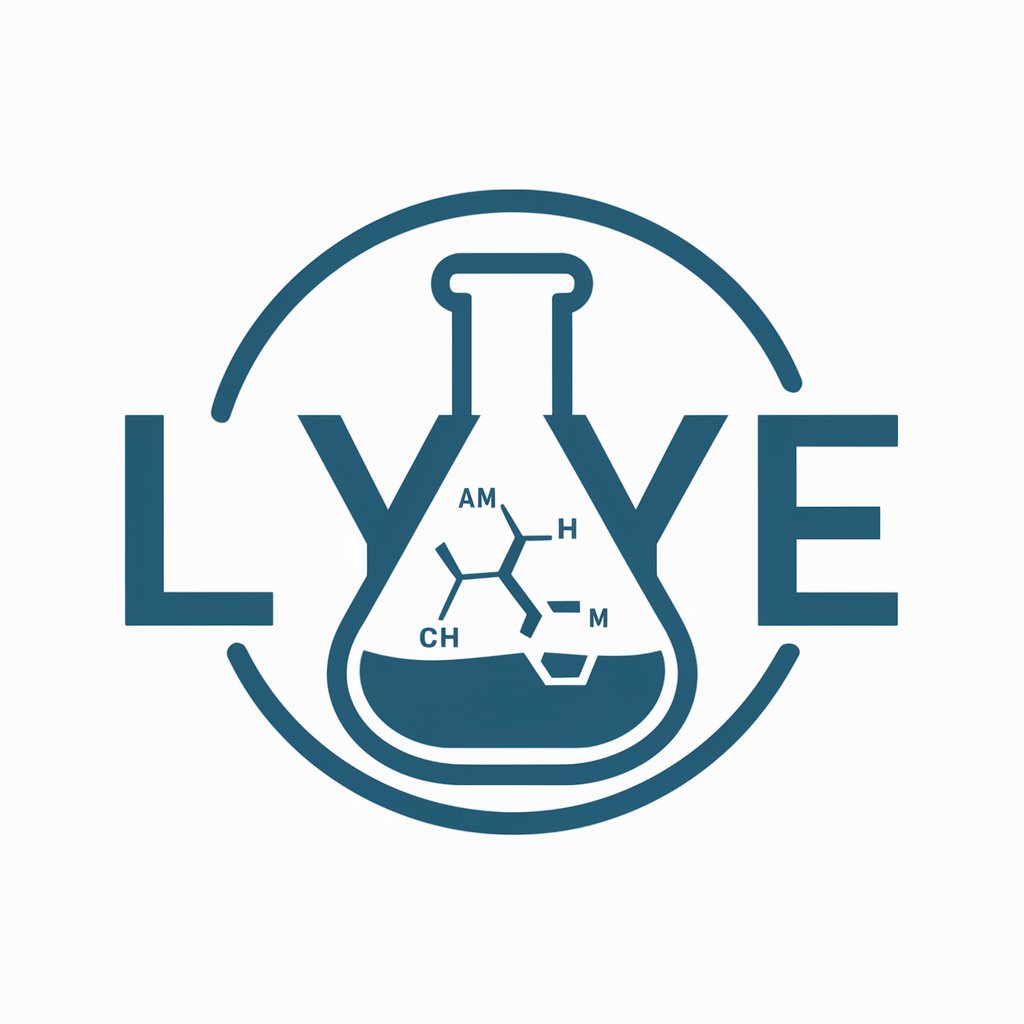
しんご
Crafting Characters, Enriching Stories

NeuroPup
Empowering Dog Owners with AI-Driven Advice

Disabilities
Empowering Lives with AI-Powered Support
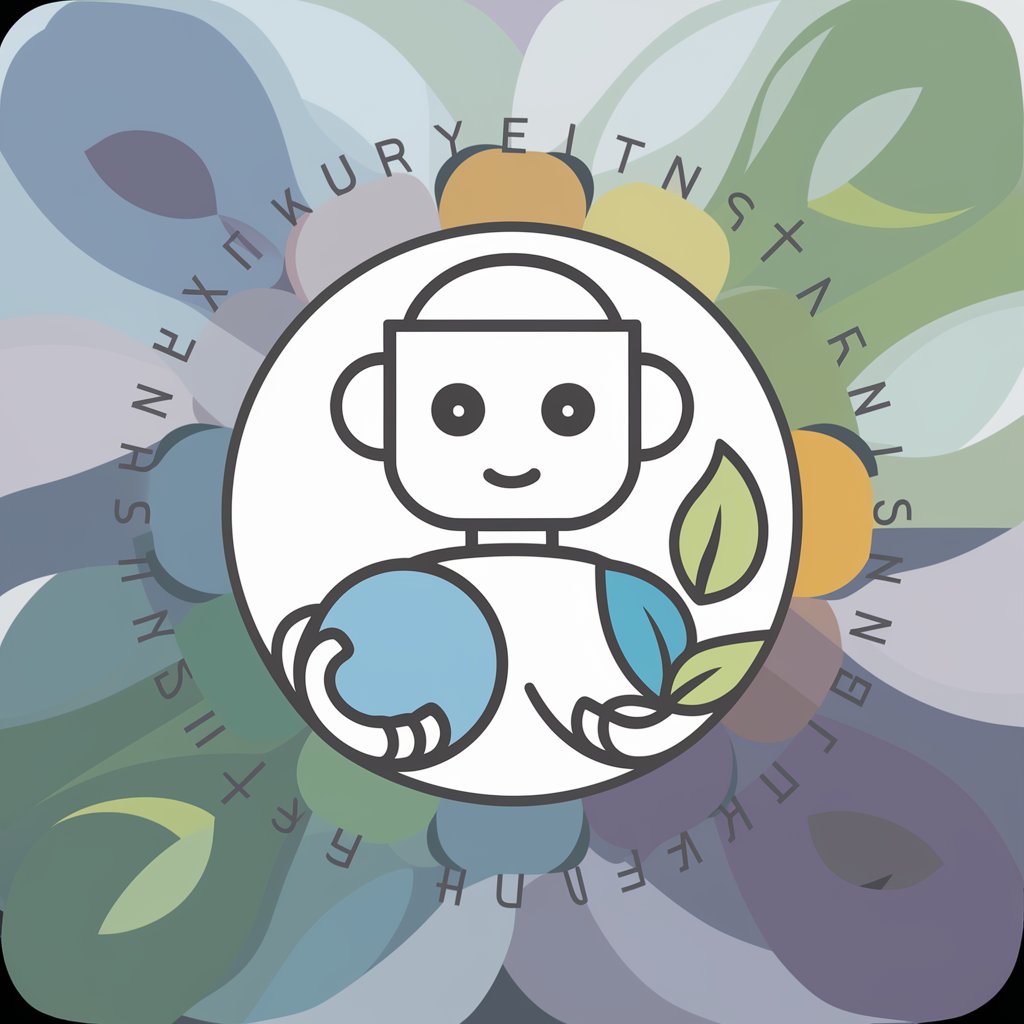
Payment
Empowering secure, AI-driven transactions
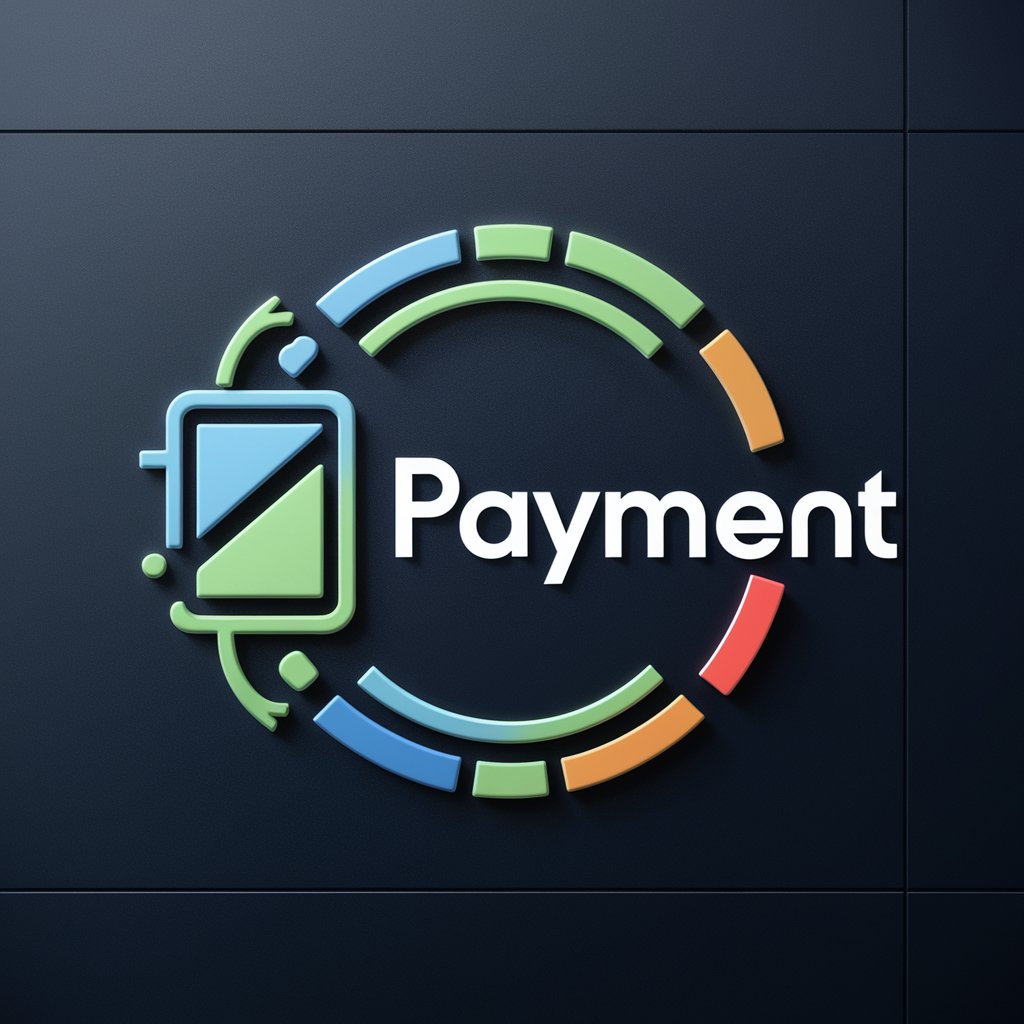
Accessible
Empowering Inclusivity with AI
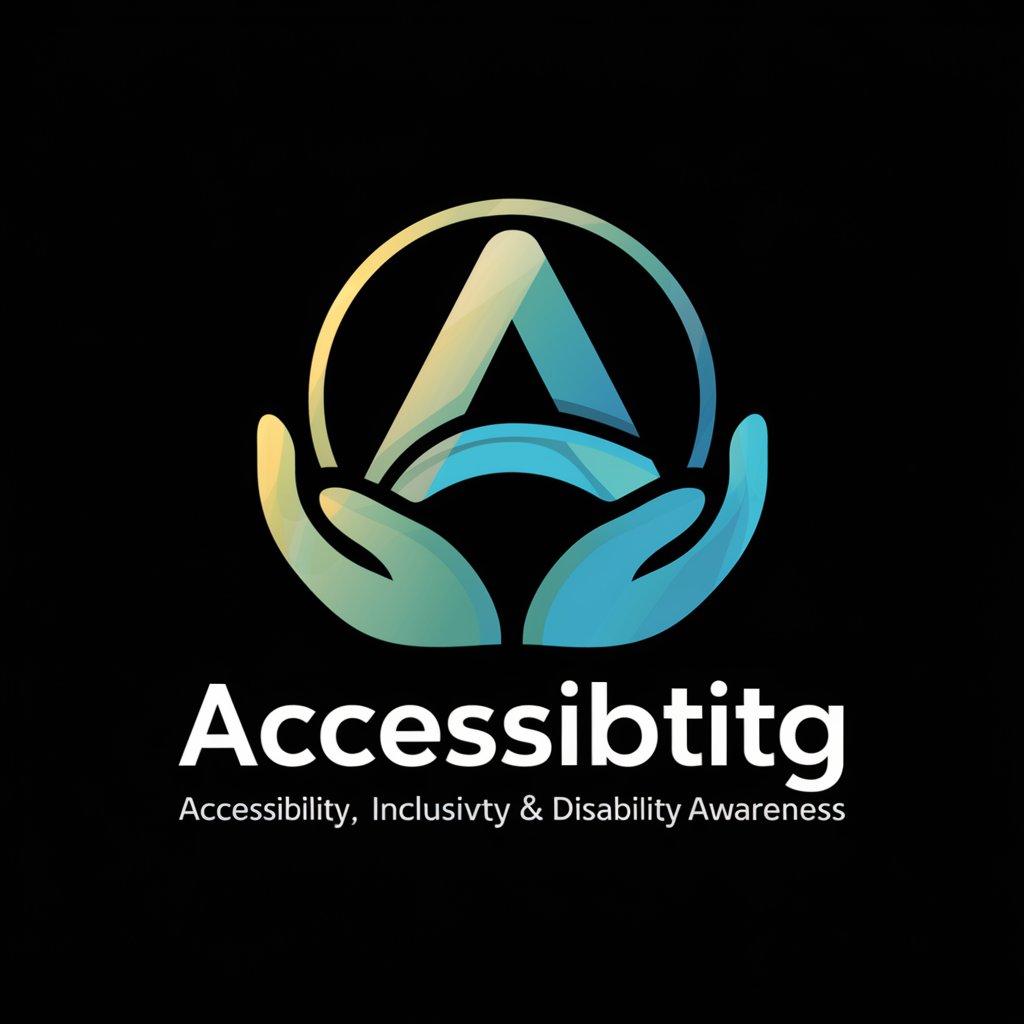
Minnesota
Unlock the Heart of Minnesota with AI

Wordwise
Elevate Your Words with AI Insight

Imagenes Cyberpunk
Craft the Future: AI-Powered Cyberpunk Imagery

Görüntü Oluşturucu
Transforming Text into Visual Art
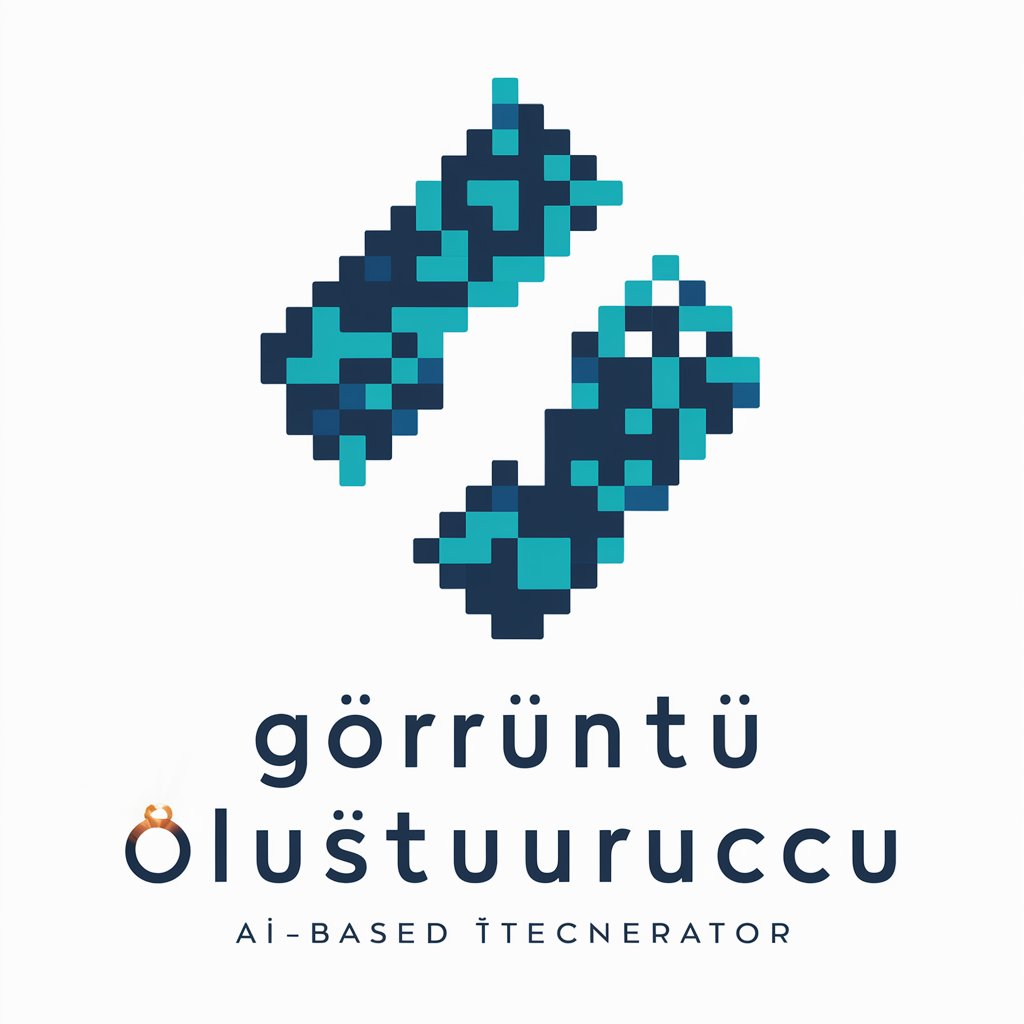
Frequently Asked Questions about PósFisioterapiaETerapiaOcupacional
What is PósFisioterapiaETerapiaOcupacional?
PósFisioterapiaETerapiaOcupacional is an AI-powered tool designed for in-depth research and analysis of postgraduate theses and dissertations in Physiotherapy and Occupational Therapy in Brazil.
How can I find specific theses using this tool?
Enter specific keywords or topics related to Physiotherapy or Occupational Therapy in the search bar. The tool will provide results from its extensive database including titles, authors, and abstracts.
Does PósFisioterapiaETerapiaOcupacional offer data visualization?
Yes, it provides data visualization features, such as graphs and charts, to help users analyze trends and patterns in postgraduate research.
Can I use this tool for academic writing?
Absolutely, it's an excellent resource for academic writing, providing access to a wealth of research materials that can support your work.
Is PósFisioterapiaETerapiaOcupacional available in multiple languages?
The primary data is in Portuguese, but it includes English abstracts and keywords, making it accessible for a wider audience.

